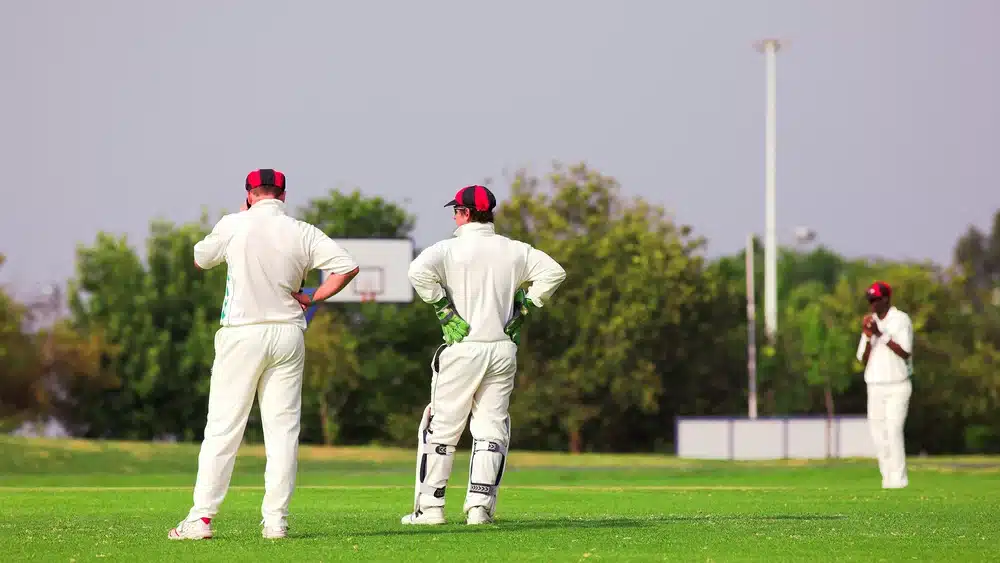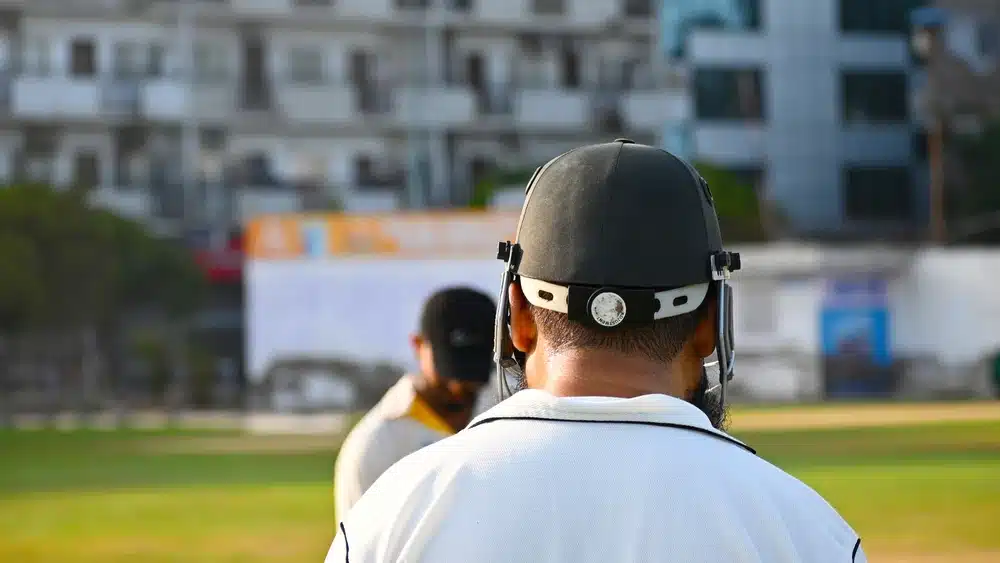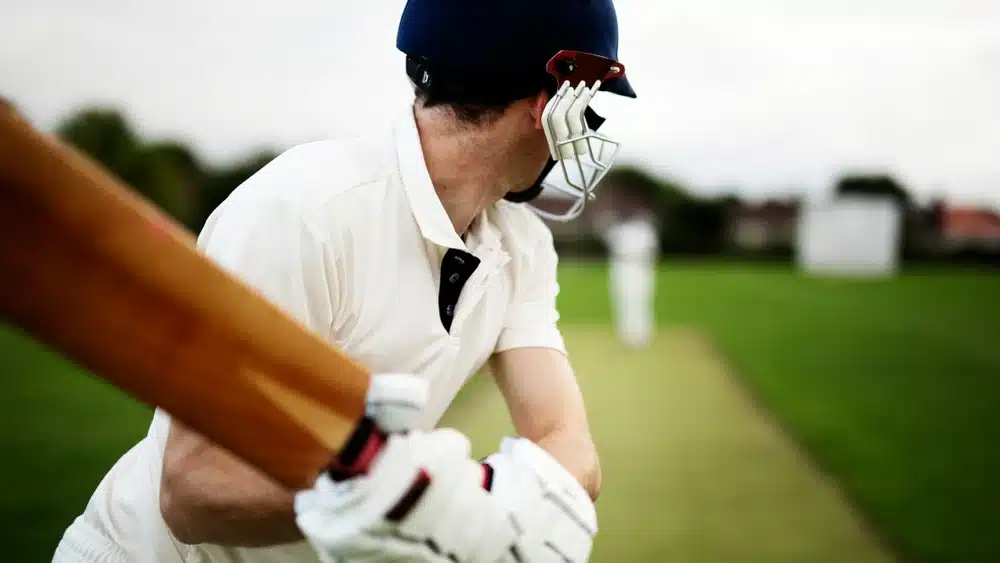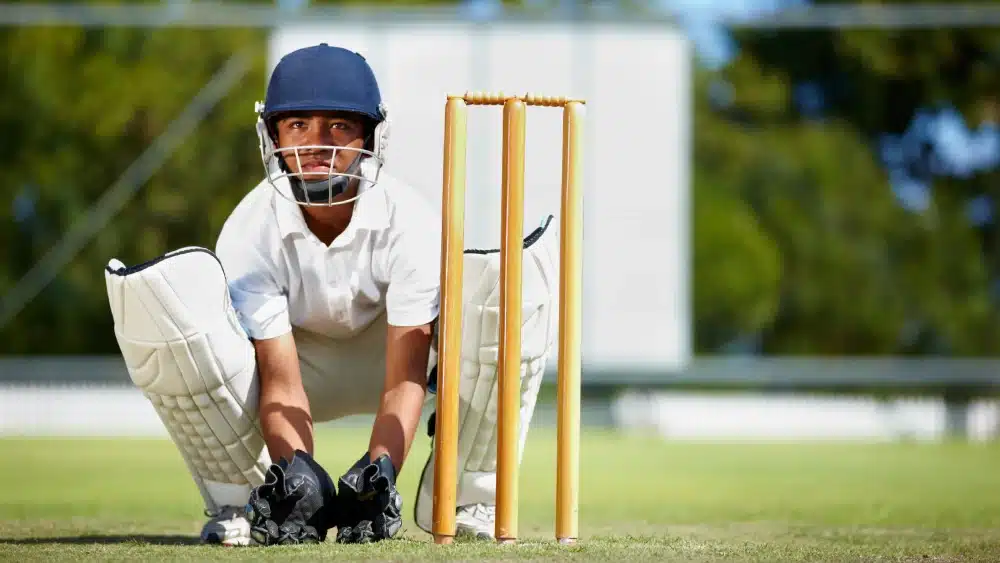
Racism in cricket is one of the darkest truths that continue to draw blood from the sport. It showcases how players are condemned to racial slurs or monikers that carry ill intent.
Earlier this year, in India’s third Test against Australia in Sydney, Indian cricketers Jasprit Bumrah and Mohammed Siraj alleged racial abuse from the crowd and lodged a complaint, tainting what had been an otherwise competitive series on the field.
Later, South African players, meanwhile, showed their support for the Black Lives Matter movement by raising their fists ahead of their Boxing Day Test against Sri Lanka.
A country blighted by the apartheid, South Africa came under criticism earlier in the year for not “taking a knee” during their tour to England, adding another page to the controversies around racism.
The history of racist incidents in cricket largely ranges from remarks on skin colour and nationality. And despite the Anti-Discrimination Policy, these cases are still prevalent.
In the latest instance, England's Ollie Robinson was suspended for decade-old racist as well as sexist tweets that resurfaced following his Test debut against New Zealand.
Here are some instances of racism in cricket that rocked the sport:
Monkeygate
The Monkeygate saga is by far the ugliest controversy to have unfolded in Australia-India rivalry and one which still resonates today.
The incident, a verbal altercation between Andrew Symonds and Harbhajan Singh in an already-tense second Australia-India Test at Sydney in 2008, saw the Indian off-spinner allegedly call the Aussie a ‘Monkey’.
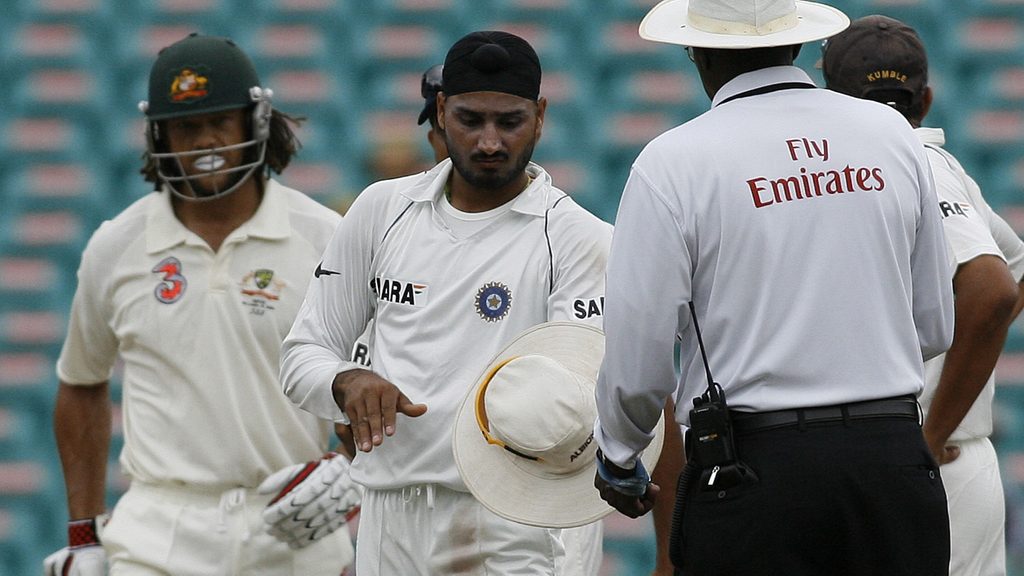
Image courtesy: AFP / Prakash Singh
Sachin Tendulkar, a key witness in the episode, gave his inputs to the umpires stating that Harbhajan used the north-Indian phrase ‘teri ma ki’ - a derogatory slang in Hindi referencing the mother.
While the umpires claimed to have not heard the use of the word as Andrew Symonds claimed, they reported Harbhajan Singh to the match referee. After a four-hour hearing, the Indian off-spinner was declared to have breached Level 3 of the ICC's Code of Conduct and was given a three-Test ban.
However, three weeks later, Harbhajan Singh was declared not guilty of racially abusing Andrew Symonds, as the Aussie failed to identify if the Indian had used the word monkey or a Hindi abuse. The level of the offence was reduced to abuse and ‘insult not amounting to racism’. Harbhajan Singh accepted the charge and was fined 50 per cent of his match fees.
The two reportedly buried the hatchet when they eventually became team-mates for team Mumbai in the 2011 edition of the Indian T20 League.
Darren Sammy called ‘kalu’
West Indies’ Darren Sammy grabbed headlines for his outburst when he revealed he and Sri Lanka’s Thisara Perera were called ‘kalu’ by their Indian counterparts in team Hyderabad in the Indian T20 League.
The former Windies captain, who thought the word meant ‘strong stallion’, took to Instagram to vent out his frustration and stated that he learnt the actual meaning after watching an episode of comedian Hasan Minhaj’s show ‘Patriot Act’.
recently I discovered a word that I was being called was not what it actually meant I need some answers. So before I start calling out names I need these individuals to reach out and please tell me there’s another meaning to that word. I saw u as brothers https://t.co/Ouf7eh5Yu8
— Daren Sammy (@darensammy88) June 9, 2020
The former all-rounder, in due course, put the incident to rest after revealing that he had a healthy conversation with a former Hyderabad team-mate, who said that the word was used ‘from a place of love’.
I’m please to say that I’ve had a really interesting conversation with one of the guys and we are looking at ways to educate rather than focusing on the negatives. My brother reassured me that he operated from a place of love and I believe him.
— Daren Sammy (@darensammy88) June 11, 2020
Dean Jones’ ‘terrorist’ comment on live TV
The late Dean Jones was one of the greatest players, and cricket commentators in the modern era but his infamous ‘terrorist’ mention of South Africa’s Hashim Amla in the 2006 Colombo Test brought on the first case of racism in cricket in the modern era.
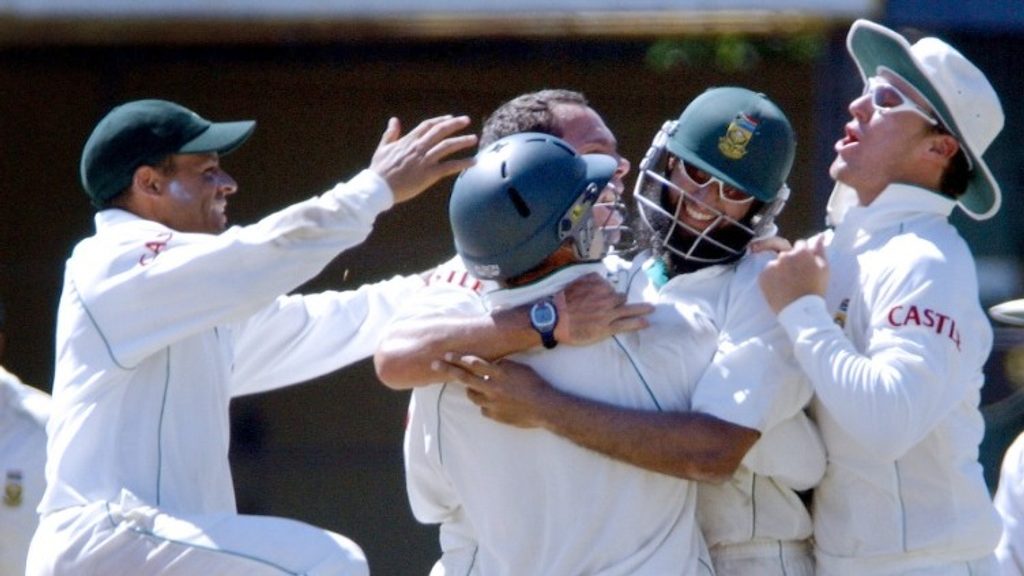
Image courtesy: AFP / Sanka Vidanagama
During the fourth day’s play of the second Test against Sri Lanka, Hashim Amla had taken the catch of Kumar Sangakkara and Dean Jones, part of the commentary team, was heard saying "the terrorist gets another wicket". Although the comment was made during a commercial break, it accidentally went on air as its broadcast had not been interrupted across the world.
Upon being sacked from the commentary panel, Dean Jones issued a personal apology to Hashim Amla and also apologised publicly, adding that his comments were “stupid” and not meant to be disrespectful to any individual or faith.
Moeen Ali labelled Osama
In 2018, Moeen Ali made an astonishing revelation that he was called ‘Osama’ by an Australian international during the 2015 Ashes.
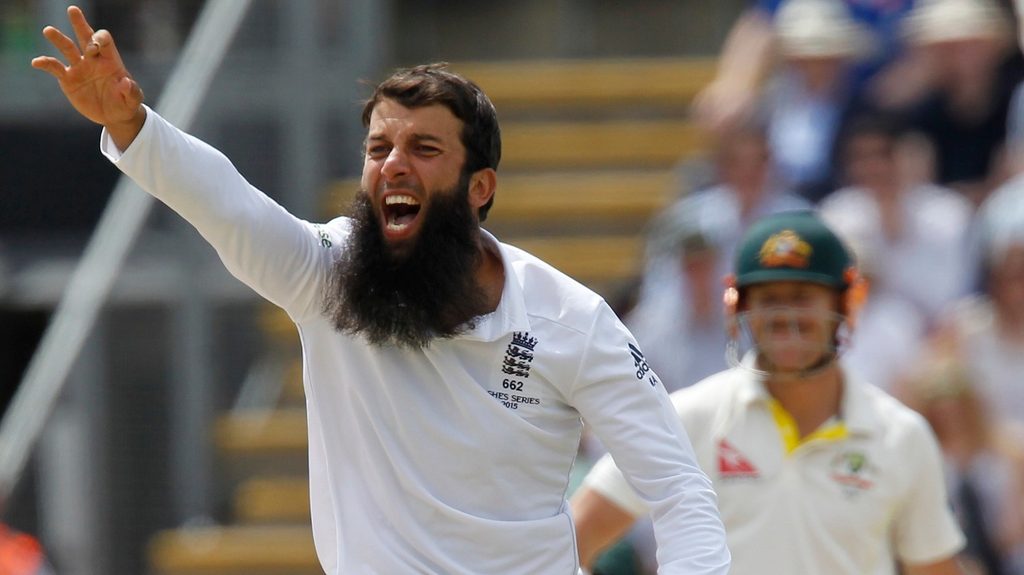
Image courtesy: AFP / Ian Kington
Moeen Ali, whose autobiography came out that year, spoke of his experience when he played for England in his first Ashes Test and then drew up the fact that didn’t sit down well during the course of that match. An excerpt from his book read, “An Australian player had turned to me on the field and said, 'Take that, Osama.' I could not believe what I had heard. I remember going really red. I have never been so angry on a cricket field.”
While investigations were opened based on Moeen Ali’s revelation, Trevor Bayliss, head coach of the Three Lions at that point of time, stated that the all-rounder didn’t want to pursue the matter any further and thus, the scandal was quickly resolved. It is said that the unnamed Australian player walked up to Moeen Ali and settled the matter with his intended words of “Take that, part-timer.”
Jofra Archer tweets about racism
England’s Jofra Archer became the latest cricketer to find himself as a victim of racism in cricket, after tweeting about a New Zealand fan who hurled racial slurs after his dismissal in the 2019 Test in Mount Maunganui.
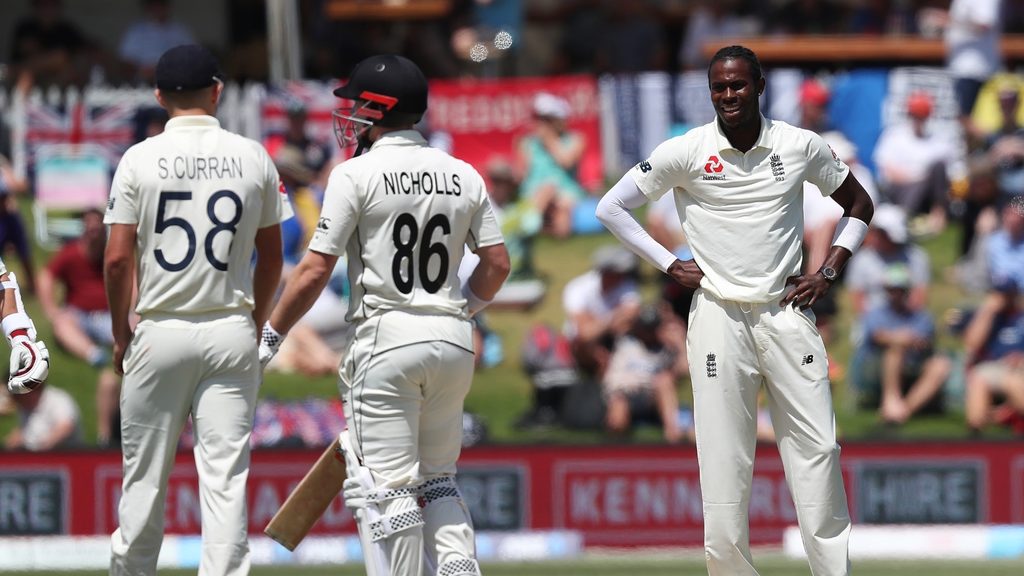
Image courtesy: AFP / Michael Bradley
In a set of tweets, with the first since being deleted, Jofra Archer called out the individual by stating, “Can the guy that was yelling bbc and bc from the scoreboard area today come forward and tell me what those words mean please? Because I don’t...”
A bit disturbing hearing racial insults today whilst battling to help save my team , the crowd was been amazing this week except for that one guy , @TheBarmyArmy was good as usual also
— Jofra Archer (@JofraArcher) November 25, 2019
Upon this disclosure, New Zealand and England opened a joint-investigation and the culprit, who seemingly pleaded guilty, was given a two-year ban.
While these five instances are the most prominent cases of racism in cricket, the sporting world has also been troubled by cases such as Darren Lehmann’s ‘black c***s’ comment against Sri Lanka in 2003, Herschelle Gibbs’ ‘animals who should go back to the zoo’ jibe at Pakistani supporters in 2007 and former Pakistan captain Sarfraz Ahmed racially abusing South Africa’s Andile Phehlukwayo.
Feature image courtesy: AFP / Greg Wood












